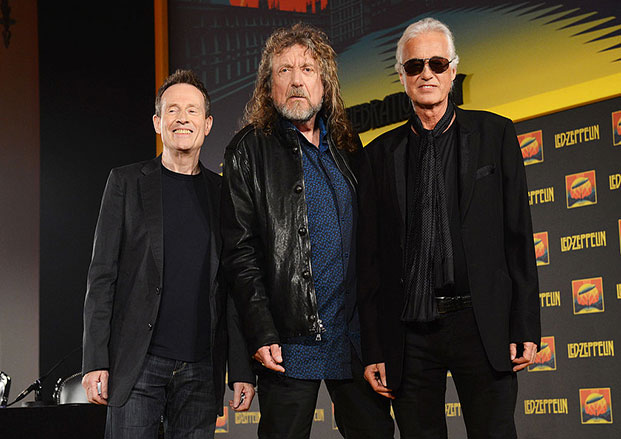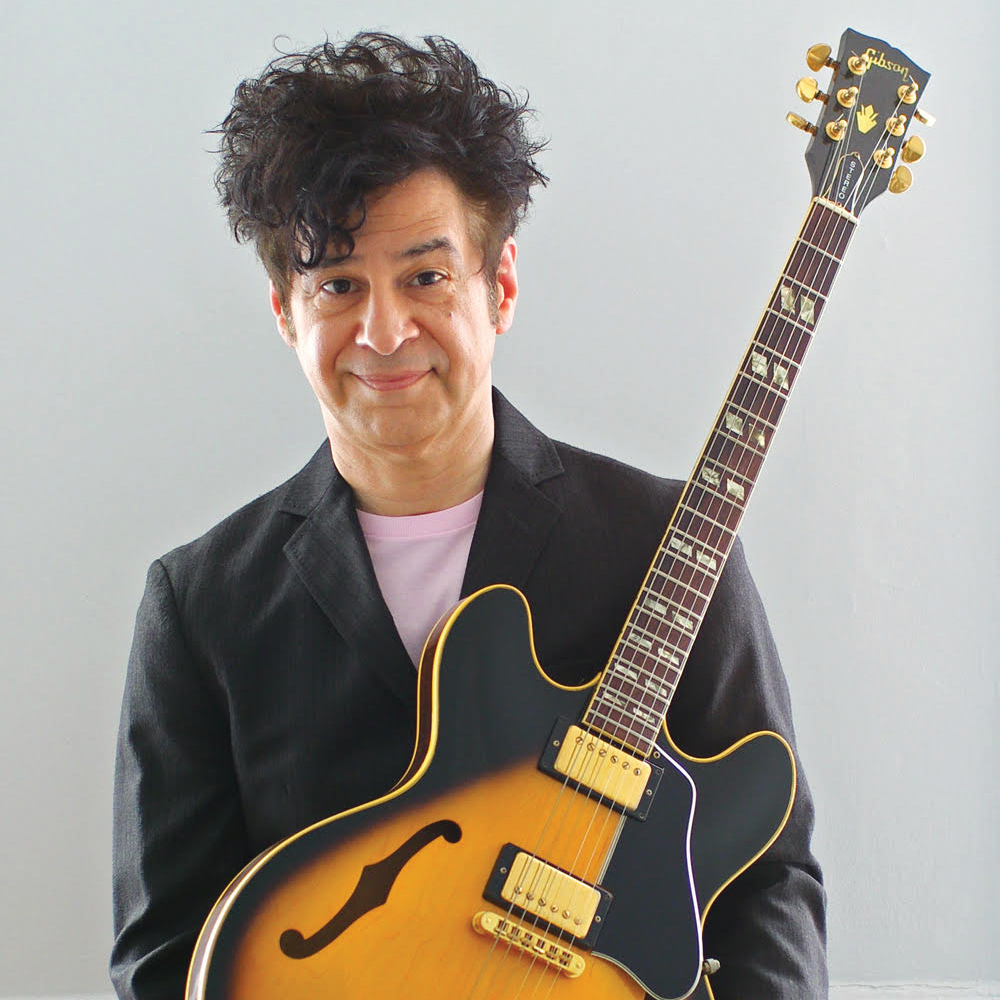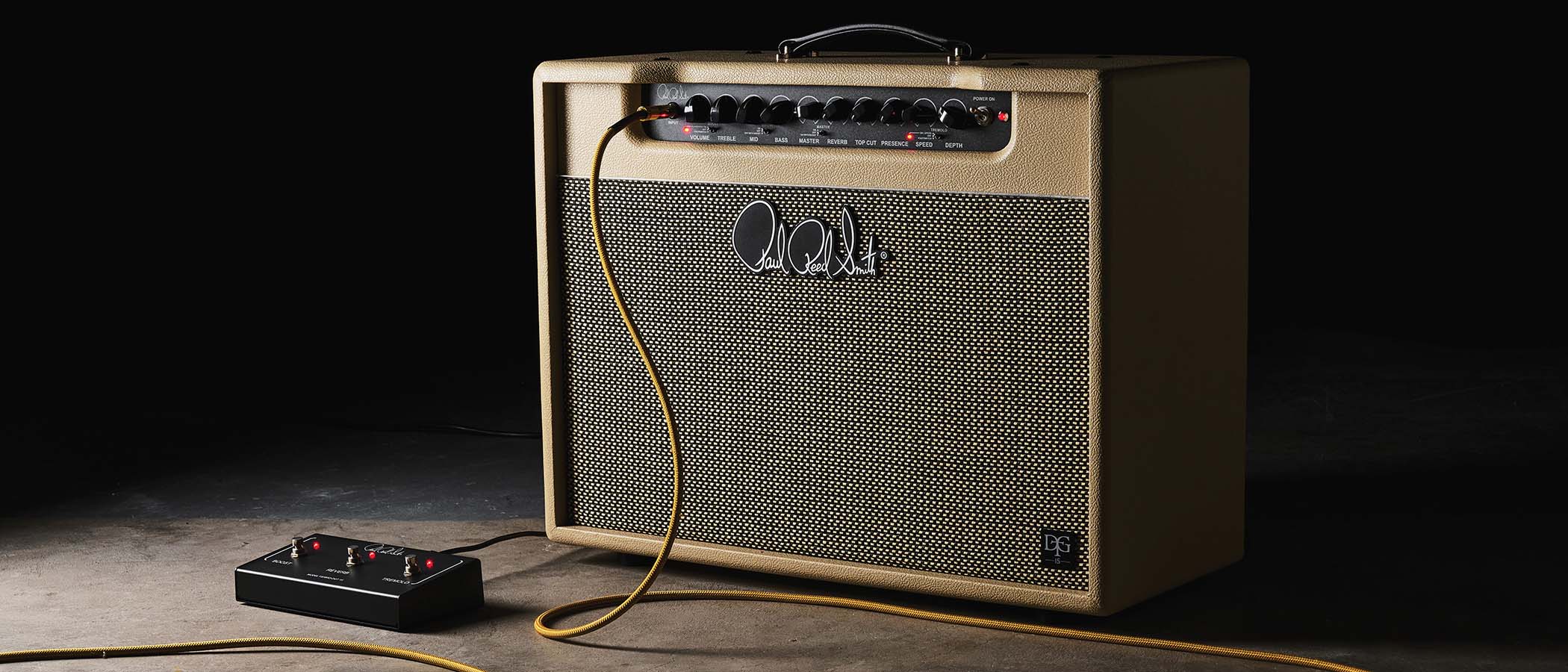Jimmy Page and John Paul Jones Cast Doubt on Legend of "Stairway to Heaven" Origins
All the latest guitar news, interviews, lessons, reviews, deals and more, direct to your inbox!
You are now subscribed
Your newsletter sign-up was successful

The “Stairway to Heaven” plagiarism trial turned into a Led Zeppelin reunion of sorts on June 16, when bassist John Paul Jones took the stand to testify for the defense.
As his former bandmates Jimmy Page and Robert Plant sat together looking on, Jones told the court that Page never said he was a fan of Spirit, the American group he is accused of copying when he wrote “Stairway to Heaven.” Jones also cast doubt on a now decades-old story about the origins of the song, one that has been recounted numerous times, including by Jones himself.Page and Plant are being sued for copyright infringement over claims that the opening guitar passage from 1971’s “Stairway to Heaven” borrows from Spirit’s 1968 instrumental track “Taurus,” which was written by Randy California, born Randy Wolfe. The lawsuit was filed by Michael Skidmore, the trustee of Wolfe, who died in 1997 believing his song had been plagiarized.
As a founding member of Led Zeppelin, Jones helped the defense squelch the notion that Page was influenced by “Taurus” or familiar with Spirit’s music.
“Did Mr. Page ever share that he had five albums of Spirit, including one double album?” asked Francis Malofiy, Skidmore’s attorney.
“No,” Jones replied.
Jones also said he could not recall who was responsible for introducing a riff from Spirit’s song “Fresh-Garbage” into an extended medley that Led Zeppelin performed during its 1969 tour. “Fresh-Garbage” is on the same 1968 album that includes “Taurus.”
“I forgot who introduced it—I can’t remember,” Jones testified, according to Rolling Stone. “It was a two-bar bass riff that popped out from somewhere. It was a catchy little riff, had an interesting time thing and it caught my ear. I didn’t know where it was from.”
All the latest guitar news, interviews, lessons, reviews, deals and more, direct to your inbox!
- Like Page, Jones said he could not recall seeing Spirit perform, although Led Zeppelin shared concert dates with the group in the late Sixties.
- Curiously, Jones also cast doubt on a nearly 50-year-old story about the origins of “Stairway to Heaven,” in which Page and Plant returned with the beginnings of the song after making a trip to the Bron-Yr-Aur cottage in the Welsh mountains. Page had himself said that version of the event was false while under oath last Thursday.
In court, Malofiy presented an audio recording of 1972 BBC interview in which Jones confirms this version of the events. On the recording, Jones states, “We were all in the country at Headley Grange when [Page and Plant] came back from the Welsh mountains with a guitar intro, verse and maybe more [of ‘Stairway to Heaven’].” (Headley Grange is the British residence where numerous Led Zeppelin albums were composed, rehearsed and recorded in the early to mid Seventies.)
“It sounded like I was guessing,” Jones said on the stand after the recording was played for him. “I was guessing.”
Prior to Jones giving testimony, musicologist Lawrence Ferrara told the court that the musical passage under issue is common and can be found in music dating back more than 300 years.
“That progression, that movement, has been around for 300 years, dating back to the 17th century,” said Ferrara, a music professor at New York University. “In the 20th century, before ‘Taurus,’ a large number of popular musicians, artists and composers also used it.”
Ferrara said the technique—a descending arpeggiated chromatic line—was a “musical building block.”
“It was not something anyone can possibly own,” he said. “It’s not only what they did 300 years ago but what composers of all genres do.”
Ferrara noted several songs that use the technique, including Richard Rodgers and Lorenz Hart’s “My Funny Valentine,” the opening to the Beatles’ 1965 song “Michelle” and the 1967 song “Music to Watch Girls By,” all of which predate “Taurus.”
Ferrara’s testimony was especially compelling when he sat at a piano and performed the sheet music for “Taurus” following by the intro to “Stairway to Heaven” to demonstrate that they sound, in his words, “dramatically different.” He also performed other “prior art” compositions with lines that are similar to “Taurus” and “Stairway to Heaven” to demonstrate that the technique employed is commonplace.
The most compelling moment came when Ferrara performed the first part of “To Catch a Shad,” a public-domain Appalachian folk song recorded by the Modern Folk Quartet in 1963. According to Rolling Stone, “it proved one of the trial’s most startling revelations yet: it was almost impossible to tell them apart—they sounded like the exact same song.”
Christopher Scapelliti is editor-in-chief of Guitar Player magazine, the world’s longest-running guitar magazine, founded in 1967. In his extensive career, he has authored in-depth interviews with such guitarists as Pete Townshend, Slash, Billy Corgan, Jack White, Elvis Costello and Todd Rundgren, and audio professionals including Beatles engineers Geoff Emerick and Ken Scott. He is the co-author of Guitar Aficionado: The Collections: The Most Famous, Rare, and Valuable Guitars in the World, a founding editor of Guitar Aficionado magazine, and a former editor with Guitar World, Guitar for the Practicing Musician and Maximum Guitar. Apart from guitars, he maintains a collection of more than 30 vintage analog synthesizers.

